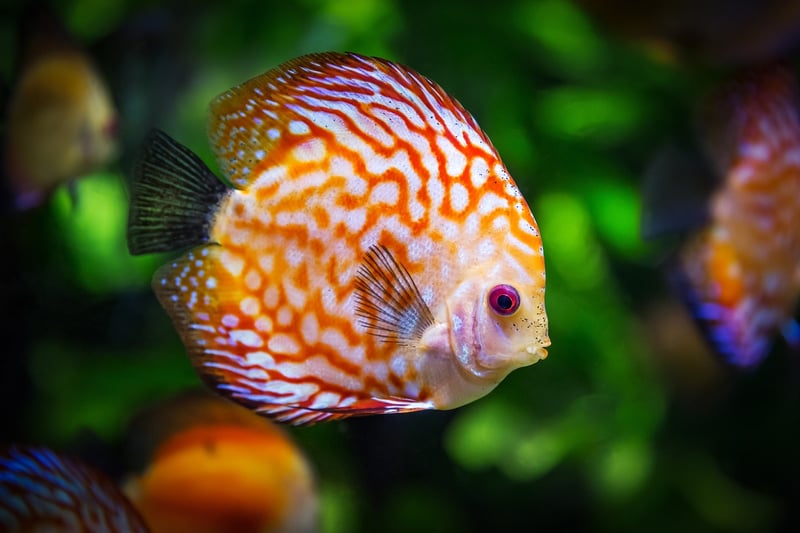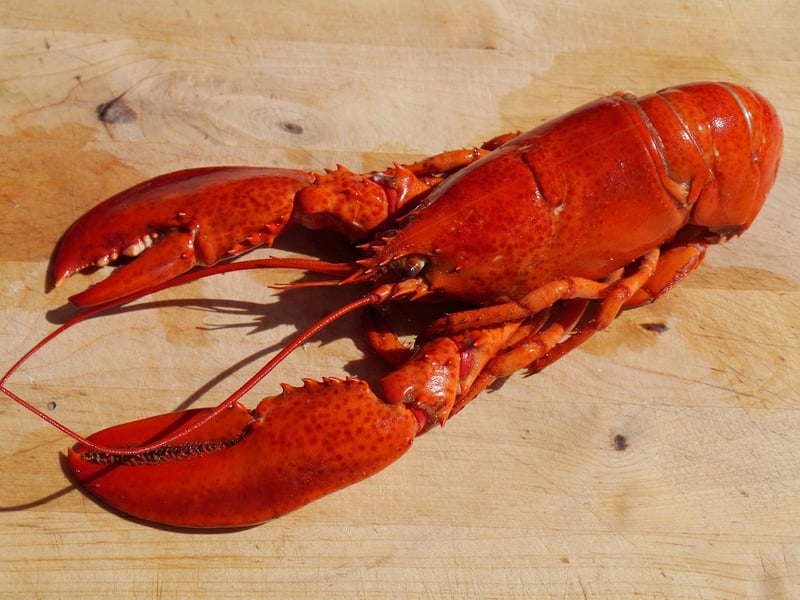Sustainable seafood
The Key Elements of Sustainable Seafood
When it comes to choosing seafood, opting for sustainable options is crucial to protect our oceans and marine life. Sustainable seafood refers to fish and shellfish that are caught or farmed in a way that helps maintain the long-term health and biodiversity of marine ecosystems. Here are the key elements to look for when selecting sustainable seafood:
1. Certification
Look for seafood products that are certified by reputable organizations such as the Marine Stewardship Council (MSC) or Aquaculture Stewardship Council (ASC). These certifications ensure that the seafood has been sourced sustainably and meets specific environmental standards.
2. Traceability
Choose seafood that can be traced back to its source. Knowing where your seafood comes from helps ensure transparency in the supply chain and allows consumers to make informed decisions about their purchases.
3. Fishing Methods
Consider the fishing methods used to catch the seafood. Opt for fish that has been caught using methods that minimize bycatch, avoid damaging the seabed, and have minimal impact on non-target species.
4. Stock Levels
Check the status of the fish stocks being harvested. It's important to choose seafood from well-managed fisheries where fish populations are healthy and not overexploited.
5. Seasonality
Pay attention to the seasonality of seafood. Choosing seafood that is in season helps reduce the pressure on certain species and allows populations to replenish naturally.
6. Local and Invasive Species
Support local fisheries and consider consuming invasive species that threaten native ecosystems. By doing so, you can help control invasive species populations and promote the sustainability of local seafood sources.
By considering these key elements when selecting seafood, you can make environmentally conscious choices that support the health of our oceans and ensure a more sustainable future for seafood consumption.

For more information on sustainable seafood and how you can make a positive impact through your food choices, visit Marine Stewardship Council and Aquaculture Stewardship Council.
